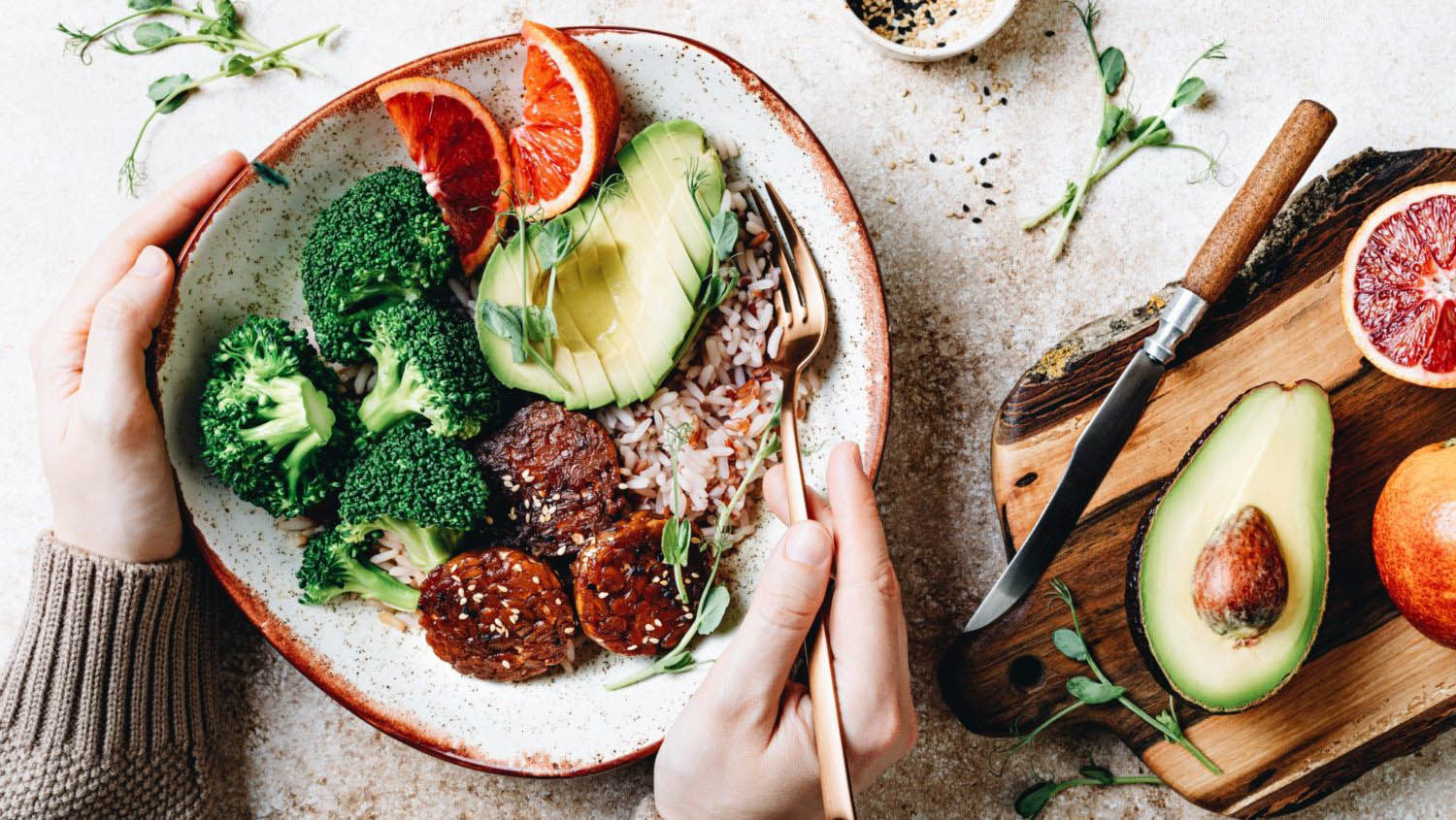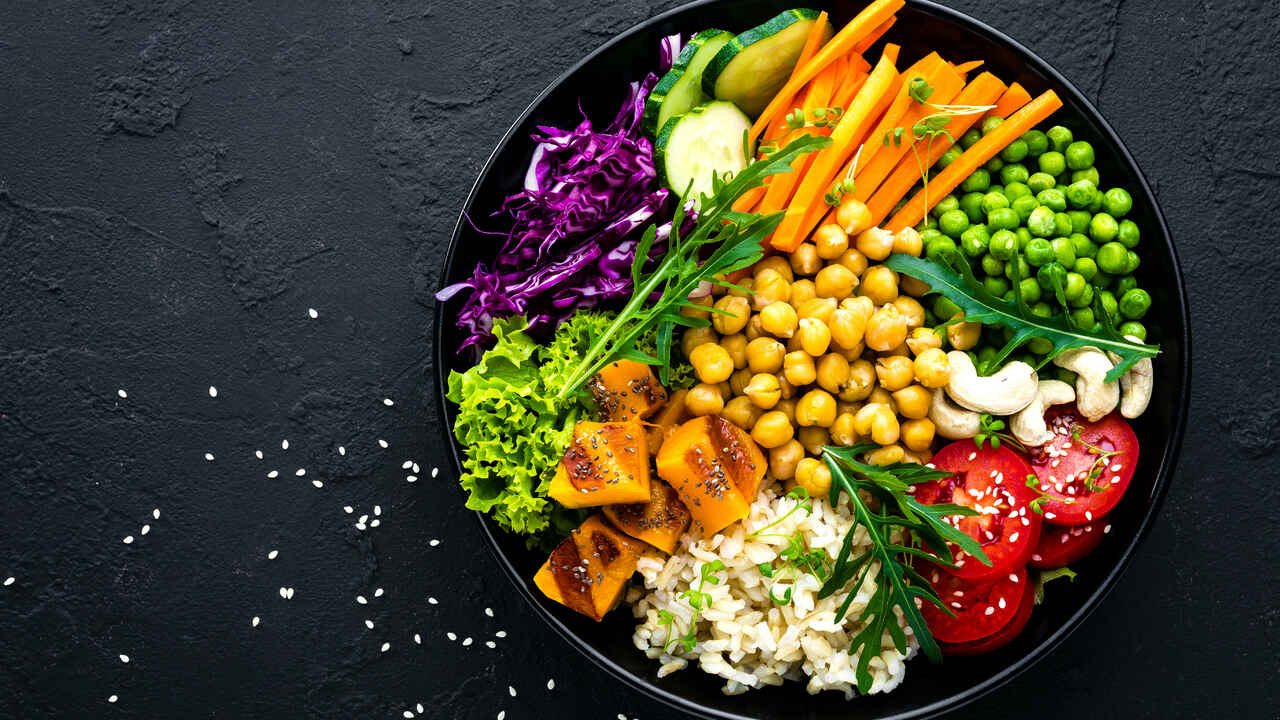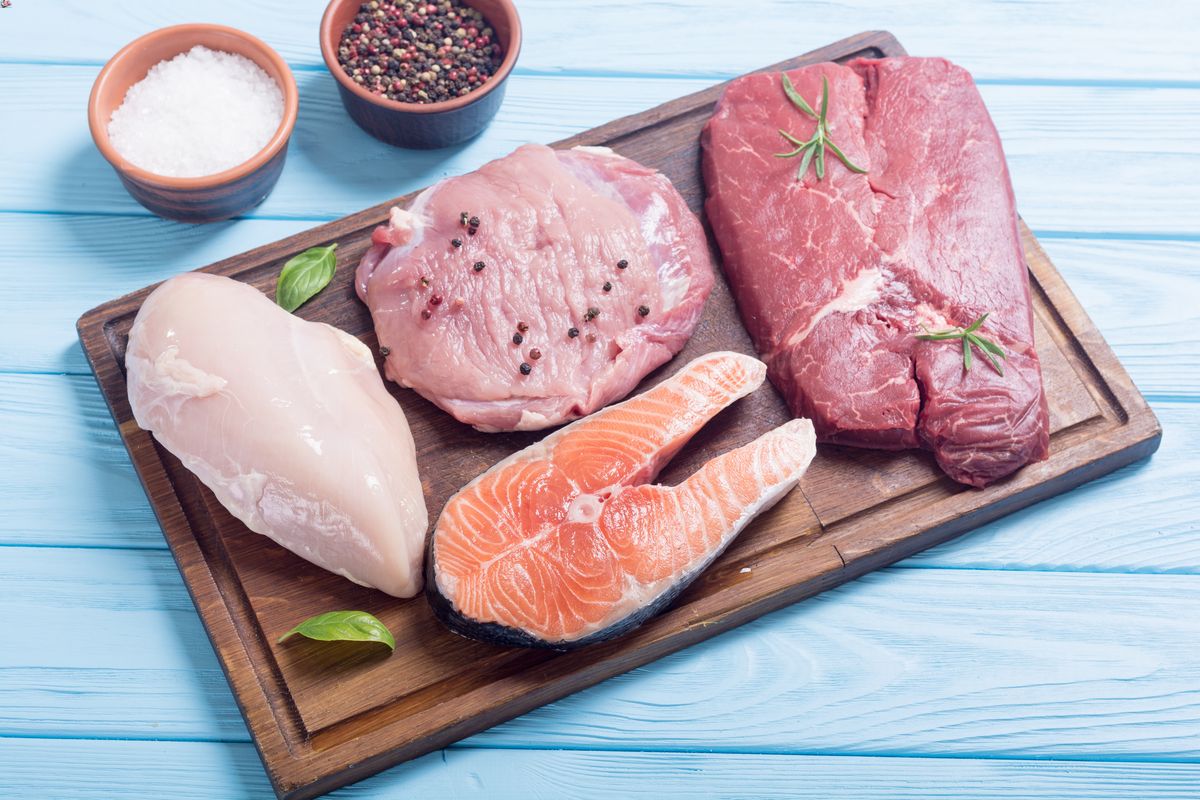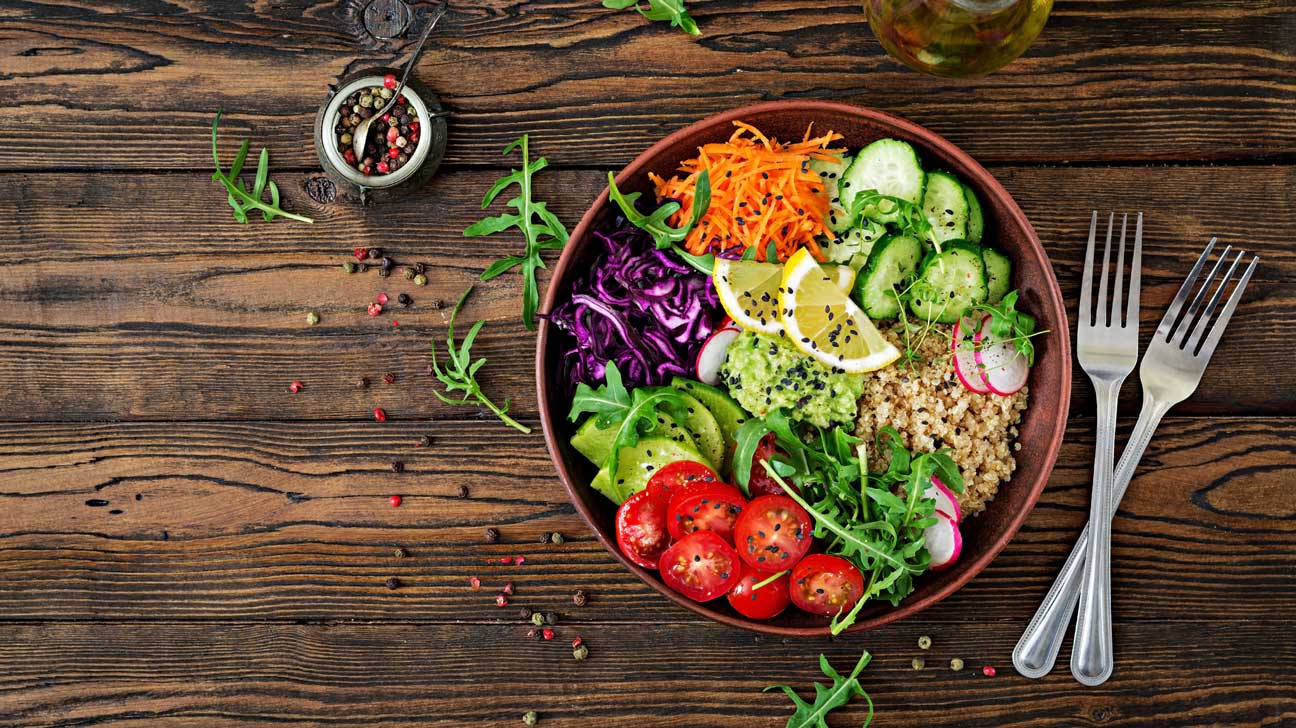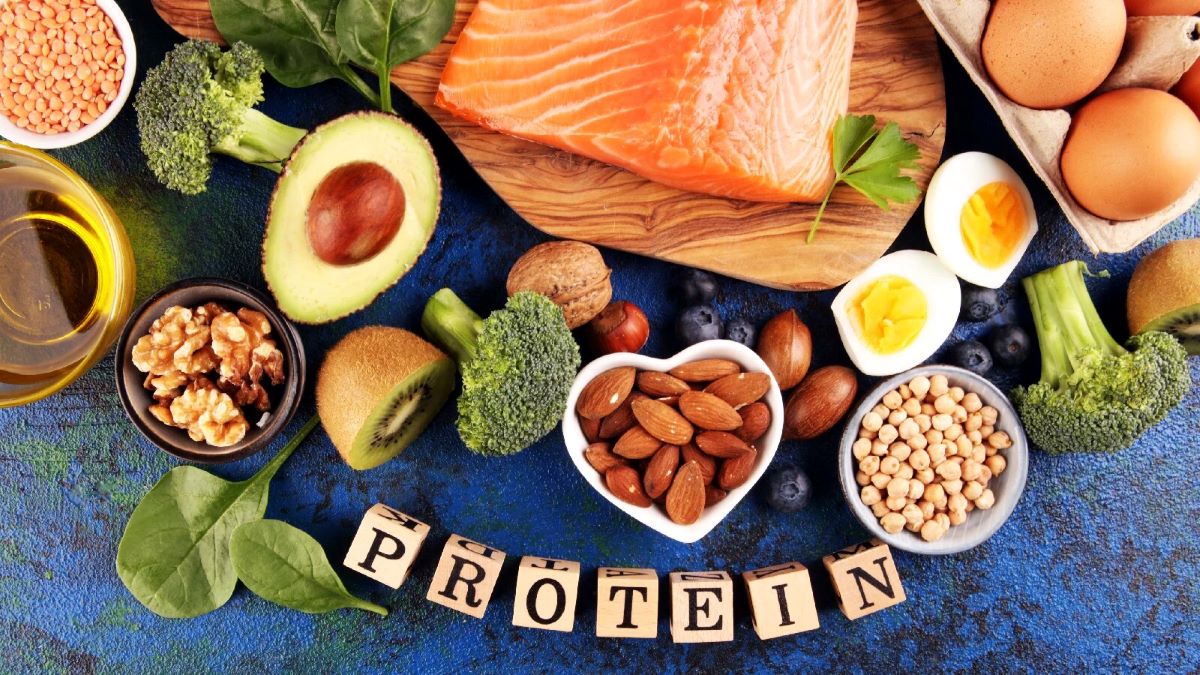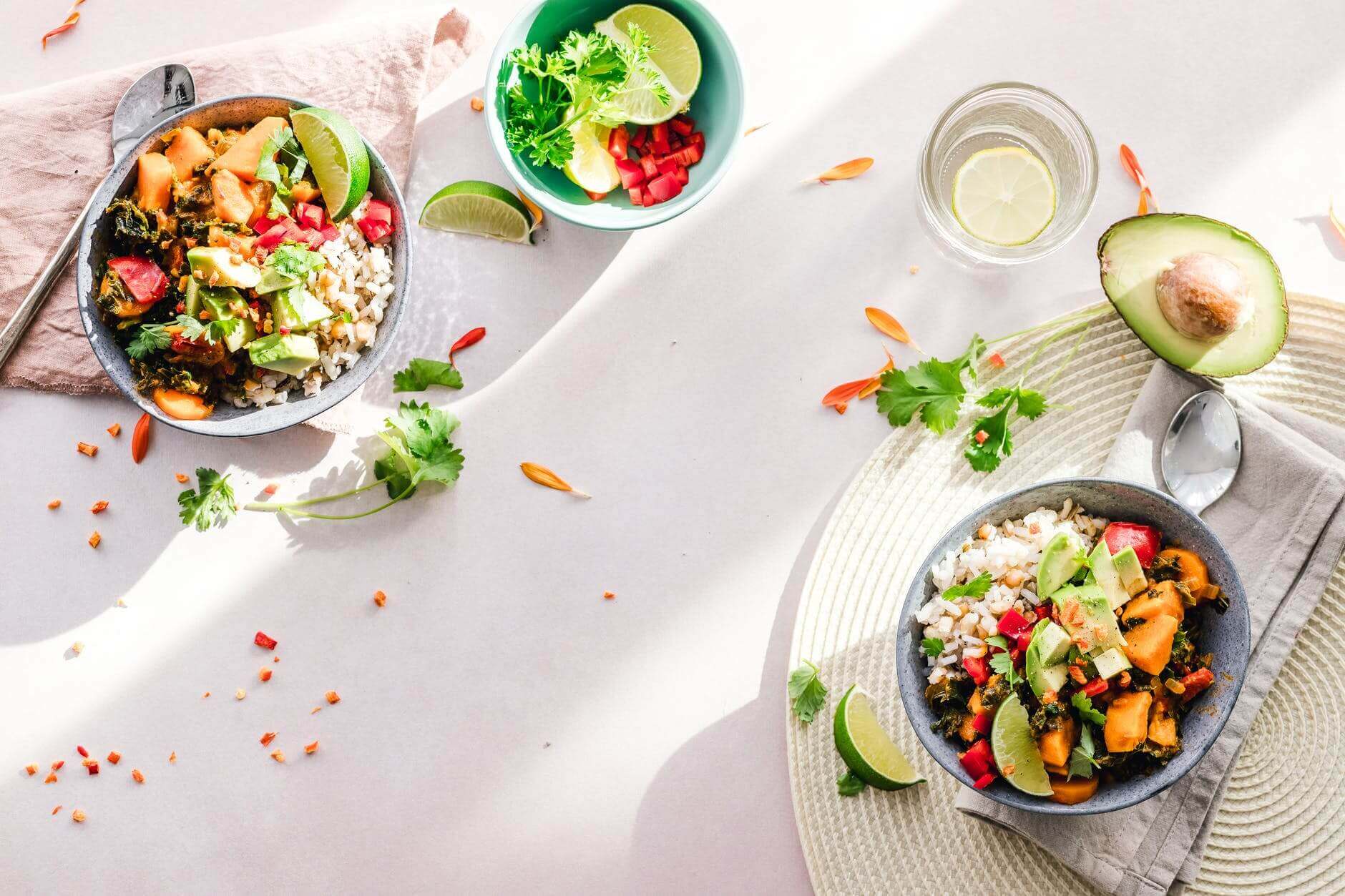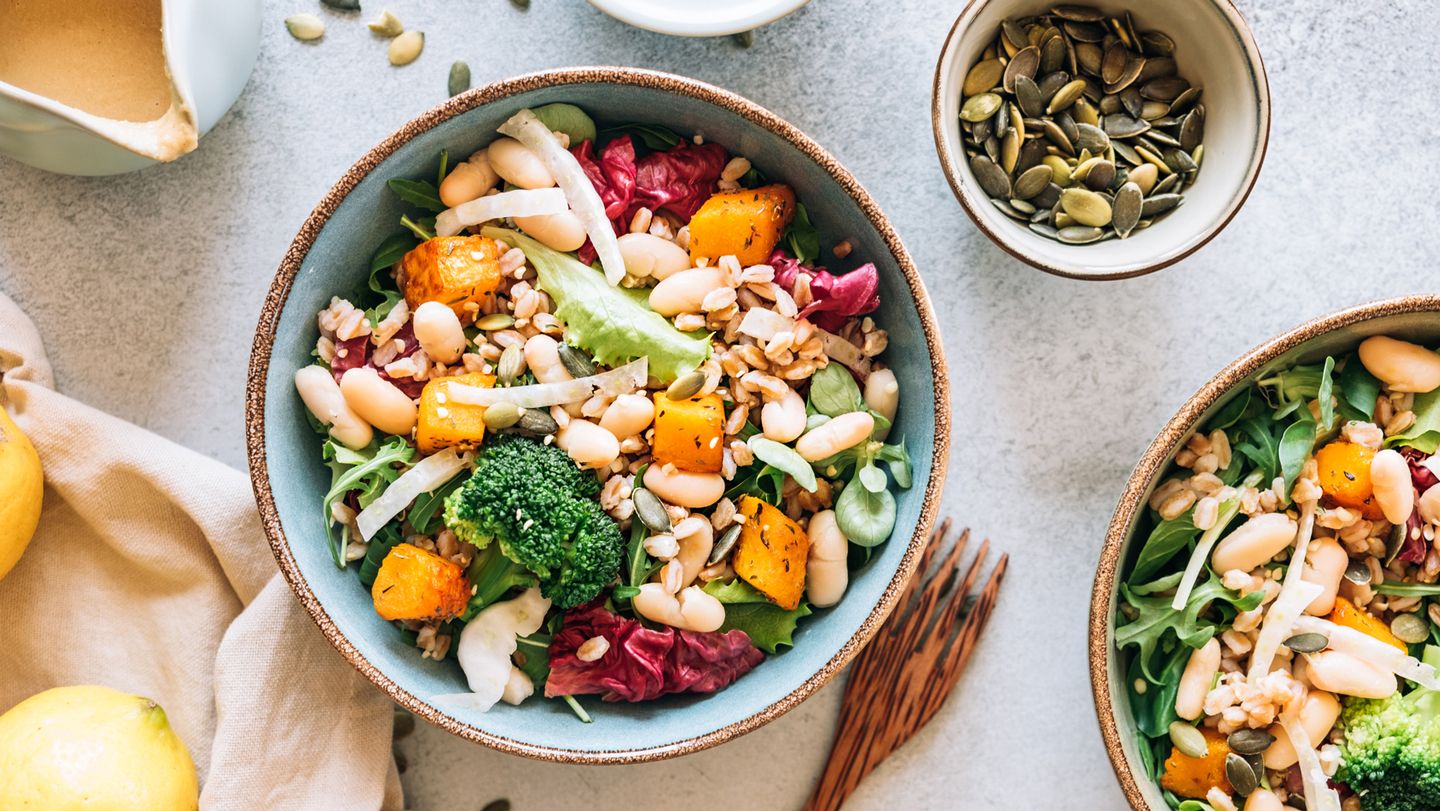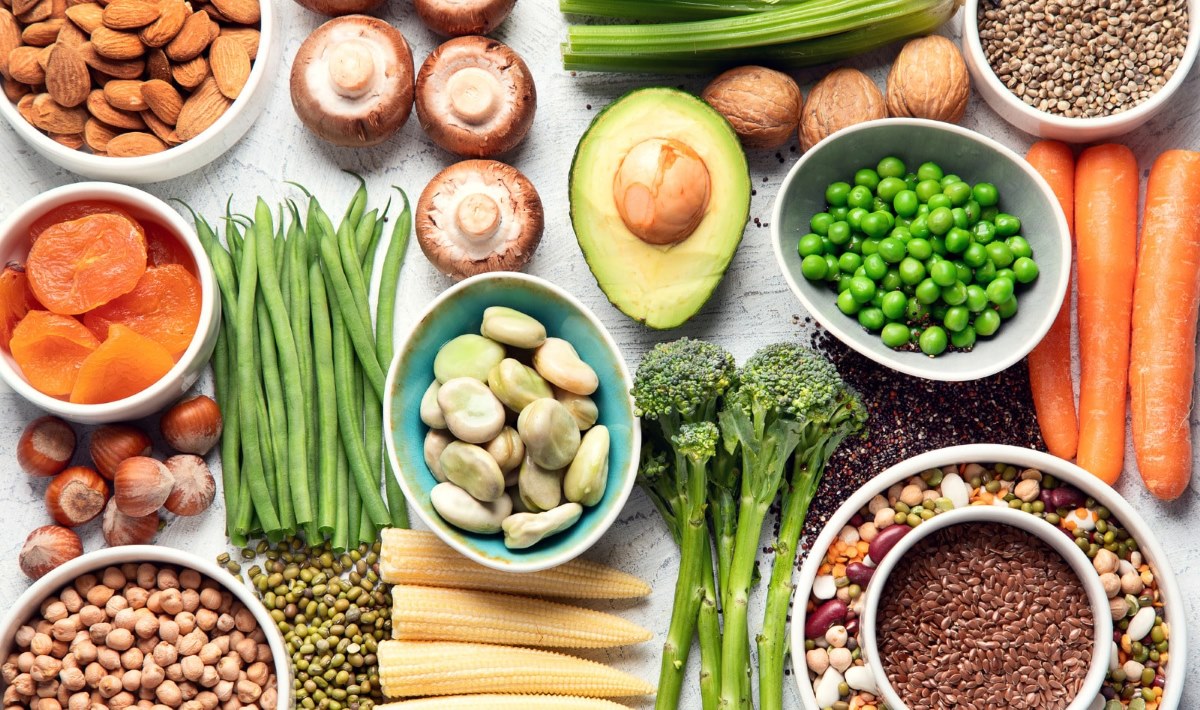Transitioning to a Plant-Based Diet
Switching to a plant-based diet can be a positive and rewarding experience for your health and the environment. Whether you’re looking to incorporate more plant-based meals into your diet or make a complete transition, there are several key steps to consider.
Eating a Variety of Whole Foods
When following a plant-based diet, it’s important to consume a diverse range of whole foods to ensure you’re getting all the essential nutrients your body needs. Incorporating a variety of fruits, vegetables, whole grains, legumes, nuts, and seeds into your meals can help provide a wide spectrum of vitamins, minerals, and antioxidants.
Emphasizing Nutrient-Dense Foods
Nutrient-dense foods are essential for maintaining a balanced and healthy plant-based diet. These foods include leafy greens, berries, avocados, quinoa, and tofu, among others. By prioritizing these nutrient-dense options, you can ensure that you’re meeting your body’s nutritional requirements while enjoying delicious and satisfying meals.
Understanding Protein Sources
One common concern about plant-based diets is obtaining enough protein. However, there are numerous plant-based sources of protein, including lentils, chickpeas, black beans, tempeh, and edamame. Incorporating these protein-rich foods into your meals can help you meet your daily protein needs without relying on animal products.
Exploring Plant-Based Recipes
Experimenting with new plant-based recipes can make the transition to a plant-based diet more enjoyable and sustainable. There are countless creative and delicious plant-based recipes available online and in cookbooks. From hearty lentil stews to vibrant Buddha bowls, there’s a wide array of plant-based dishes to explore and savor.
Staying Informed and Educated
Staying informed about the benefits of a plant-based diet and the latest nutritional research can help you make informed choices about your food intake. Additionally, learning about the environmental and ethical advantages of plant-based eating can further motivate and inspire you on your plant-based journey.
Seeking Support and Community
Connecting with like-minded individuals who are also following a plant-based diet can provide valuable support and encouragement. Whether it’s joining online communities, attending local meetups, or sharing meals with friends and family, building a supportive network can make the transition to a plant-based diet more enjoyable and sustainable.
Conclusion
Transitioning to a plant-based diet is a personal and empowering choice that can have a positive impact on your health and the planet. By embracing a diverse range of whole foods, prioritizing nutrient-dense options, exploring new recipes, and seeking support from the community, you can thrive on a plant-based diet and savor the many benefits it has to offer.
